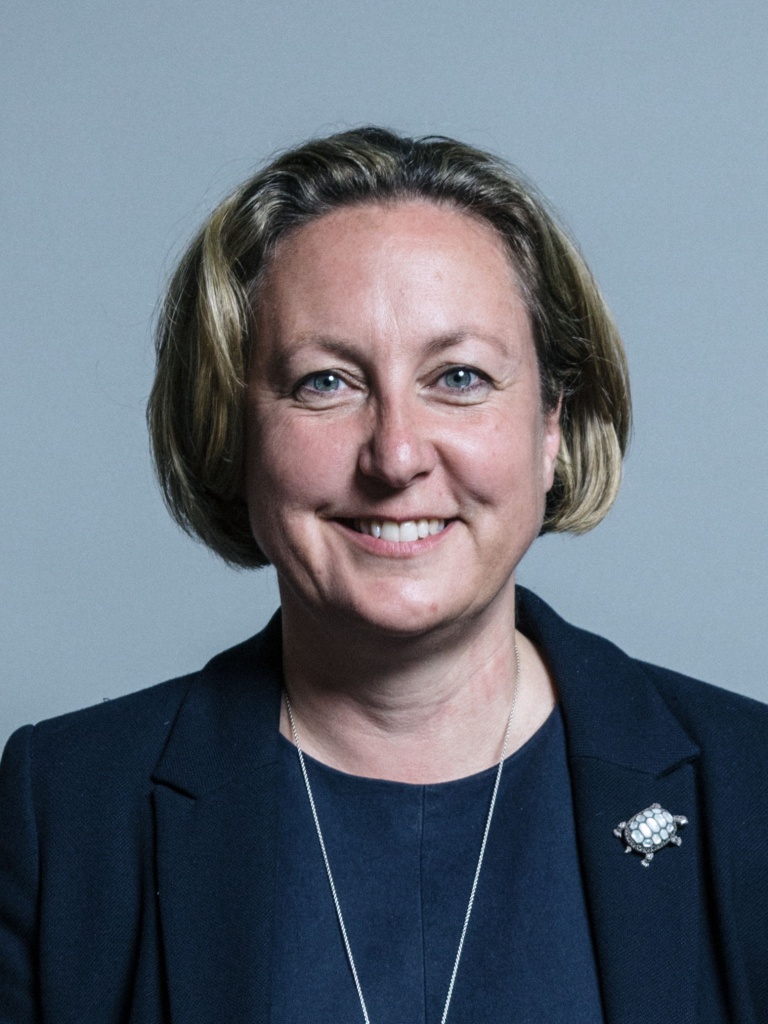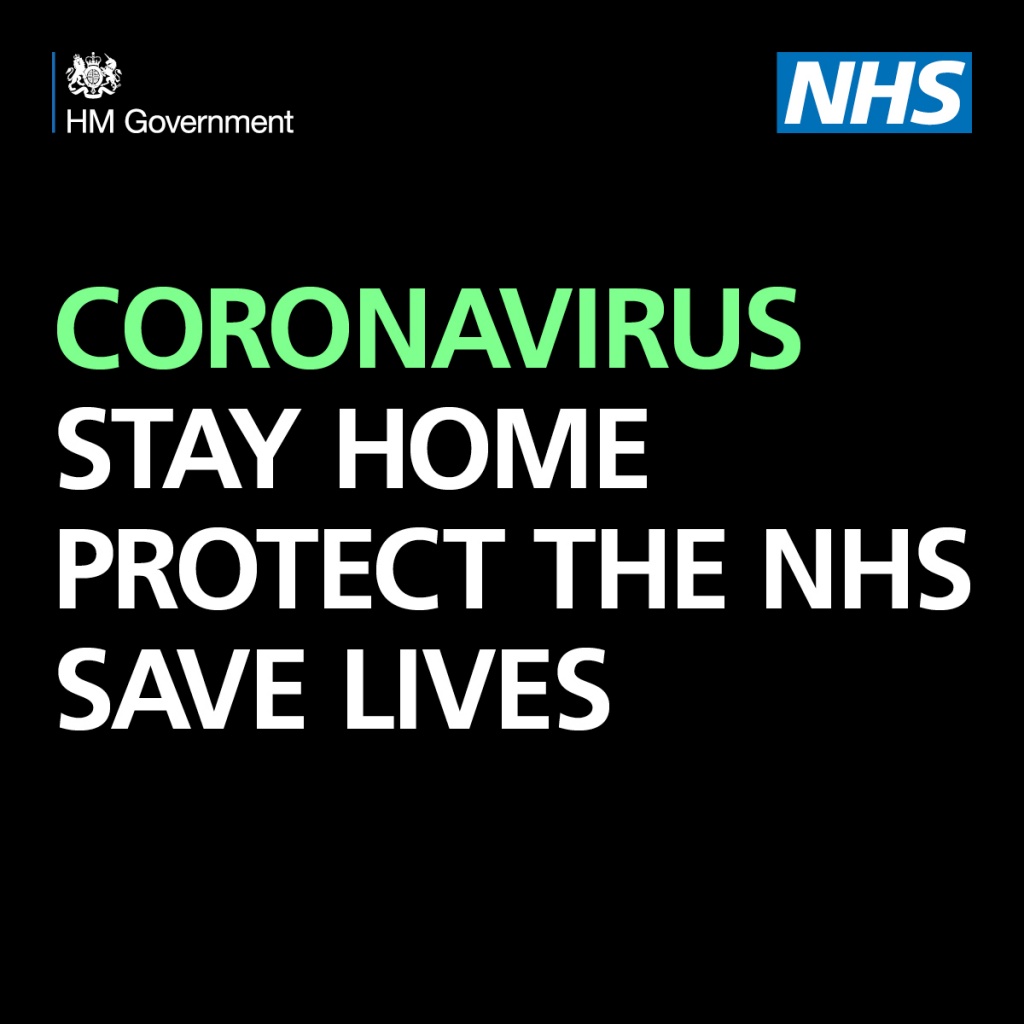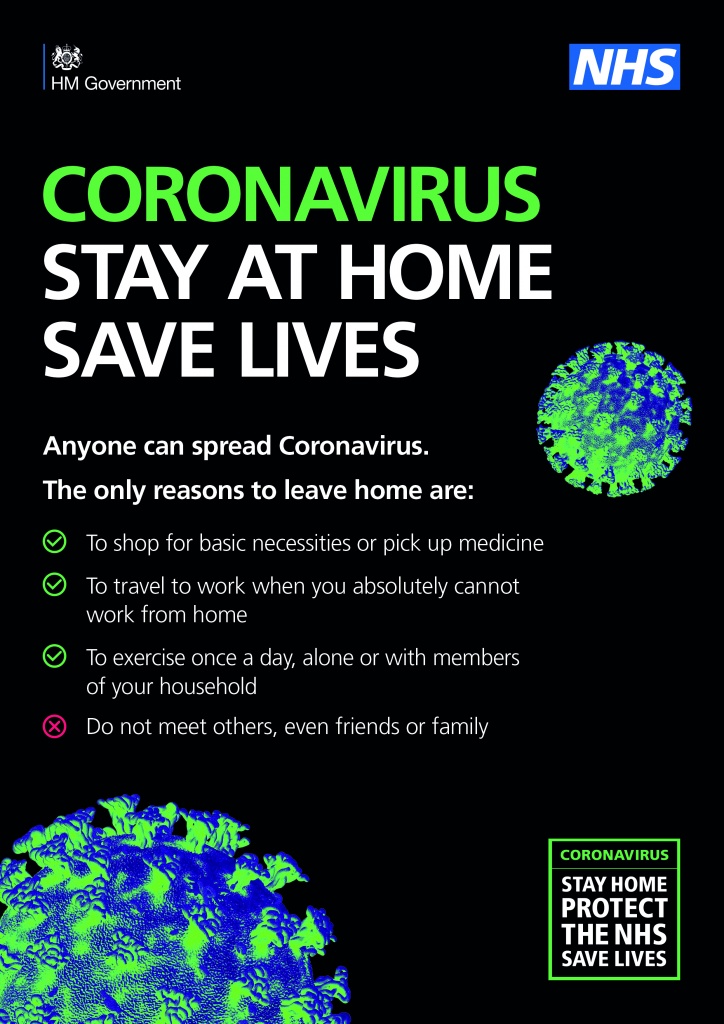
International Development Secretary Anne-Marie Trevelyan has announced that UK aid will protect the British public and help prevent a second wave of coronavirus coming to the UK by slowing its spread in the most vulnerable countries.
A package of £200 million will back UK charities and international organisations to help reduce mass infections in developing countries, which often lack the healthcare systems to track and halt the virus. Today’s announcement brings the total amount of UK aid committed to the global fight against coronavirus to £744 million, making the UK one of the biggest donors to the international response.
Health experts have identified the weakness of developing countries’ healthcare systems as one of the biggest risks to the global spread of the virus. They have also warned that if coronavirus is left to spread in developing countries, this could lead to the virus re-emerging in the UK later in the year and put further pressure on our NHS.
The new UK aid announced today includes £130 million for UN agencies in response to their urgent appeal for support. Of this, £65 million will go to the World Health Organization (WHO) which is coordinating international efforts to end the pandemic sooner.
UK funding for the WHO will help provide more accurate assessments of how the pandemic is progressing around the world, allowing support to be targeted where it will save the most lives and stop the outbreak sooner, and helping countries respond to the virus.
The pandemic is particularly dangerous for countries with weak health systems who are already struggling to fight preventable diseases. In Yemen, 80 per cent of the population are already in need of humanitarian assistance and only about 50 per cent of health facilities are operational. In Asia, Bangladesh hosts 850,000 Rohingya refugees, many in crowded and unsanitary camps where disease could take hold rapidly.
These countries will be hard hit by lockdowns and disruptions to the supply of goods and services. UK aid will help to mitigate these conditions and support those already living in desperate situations.
The funding will also help developing countries to rapidly identify and care for patients with symptoms in order to limit human-to-human transmission. Our investment will help install new hand-washing stations and isolation and treatment centres in refugee camps, and increase access to clean water for those living in areas of armed conflict.
International Development Secretary Anne-Marie Trevelyan said: While our brilliant doctors and nurses fight coronavirus at home, we’re deploying British expertise and funding around the world to prevent a second deadly wave reaching the UK.
Coronavirus does not respect country borders so our ability to protect the British public will only be effective if we strengthen the healthcare systems of vulnerable developing countries too.

Our new UK aid support will help stop the virus from infecting millions of people in the poorest countries, meaning we can end this global pandemic sooner and prevent future waves of infection coming to the UK.
A further £50 million of the £200 million package will support the Red Cross in difficult to reach areas such as those suffering from armed conflict.
A final £20 million will go to NGOs, including UK charities which are using British expertise and experience to deal with coronavirus.
Pioneering British scientists and researchers like those at Oxford University and at Mologic, based in Bedford, are already at the forefront of the global race to find a coronavirus vaccine and stop its spread, including within the UK.
The UK has already committed £250 million of aid to the Coalition for Epidemic Preparedness Innovations (CEPI) to rapidly develop a coronavirus vaccine, the biggest donation of any country. Thanks to this investment, future vaccines will be made available at the lowest possible price to the NHS and other countries’ healthcare systems.
The announcement follows the Prime Minister’s call to world leaders to work together to create a vaccine as quickly as possible and make it available to anyone who needs it.
Dr Tedros Adhanom Ghebreyesus, Director-General of the World Health Organization said: COVID-19 has demonstrated it has no regard for borders, ethnicities, ideologies or the size of a country’s economy.
The United Kingdom’s generous contribution is a strong statement that this is a global threat that demands a global response. WHO is deeply grateful to the government and people of the United Kingdom for their generous contribution.
We are all in this together, which means protecting health around the world will help to protect the health of people in the UK.
UK aid support for the WHO will not only help developing countries but will also benefit the UK through further research into the virus and improved international coordination.
Alexander Mattheou, Executive Director of International for the British Red Cross, said: The scale of this grant to the International Red Cross Red Crescent Movement (including the IFRC and ICRC) shows the gravity of the challenge ahead of us. The virus may not discriminate, but it hits vulnerable communities – those lacking healthcare, sanitation and food – the hardest.
“The British Red Cross, part of the global Red Cross Movement, is responding right now here in the UK, including supporting our NHS. However at the end of the day, the global response will only be as effective as the weakest health system. We must support the most vulnerable countries now as a part of an effort to keep us all safe.
The pandemic also creates other challenges from women and girls who become more vulnerable to abuse, to people experiencing chronic hunger who lose access to food support, to camps and hospitals who have critical supplies cut off.
The COVID-19 response must include the immediate and the secondary impacts of the pandemic.

Kindly follow us on twitter:@AfricanVoice2










